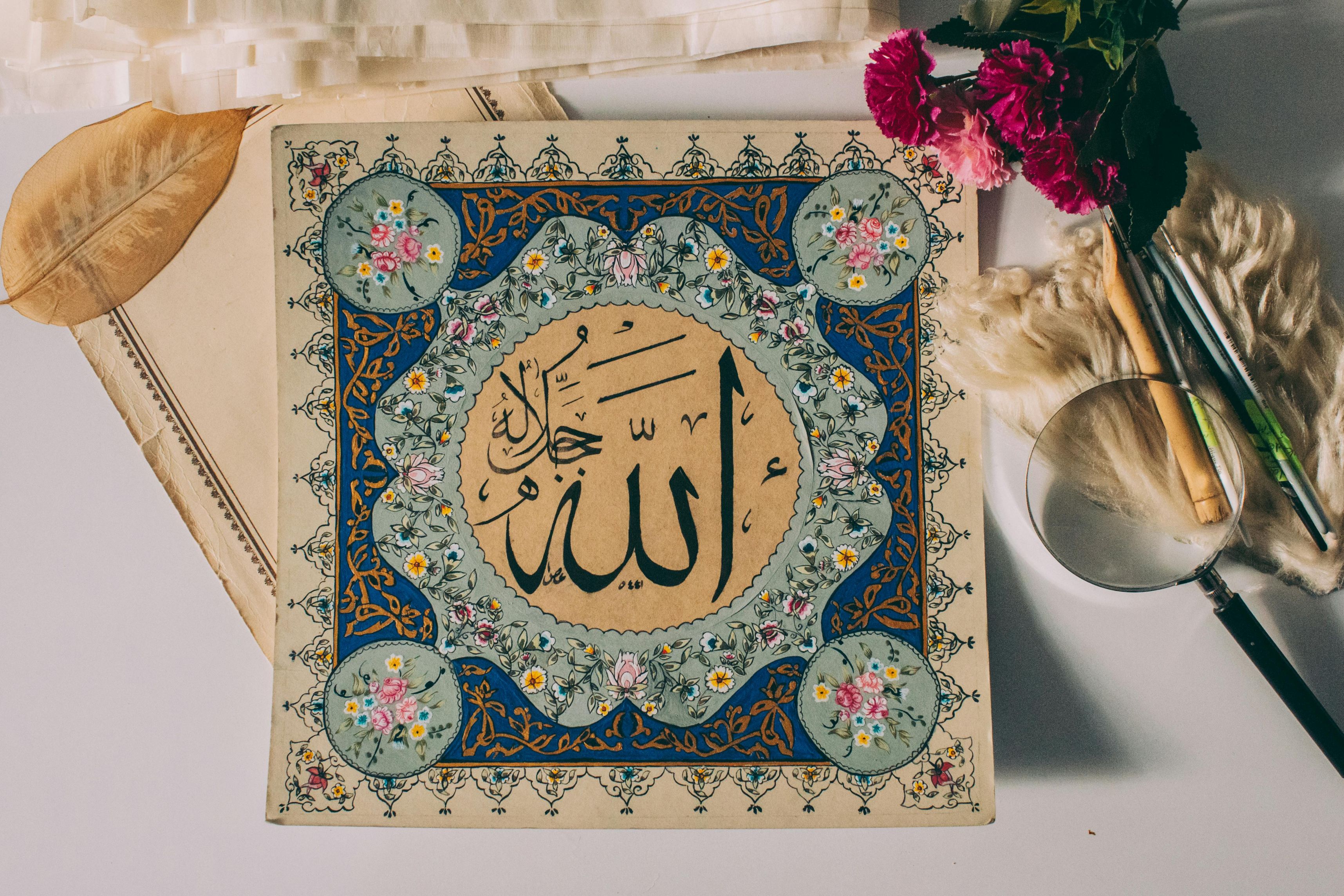Prayer In Islam
Prayer In Islam
The prayer and its great reward of It are very many, innumerable and incalculable, both in this world and in the hereafter, so the Muslim should preserve it and persevere in it in its time to reap its rewards in his religion and in the Hereafter.
Prayer Is the second pillar of Islam after the pronunciation of the two testimonies; That is, every sane adult person is charged with performing the five daily prayers.
and it is the first thing that a Muslim will be held accountable for on the Day of Recompense.
Prayer forbids indecency and wrongdoing, and prayer connects a person to his Lord five times a day in which he contacts the Lord of the Worlds and calls upon Him and be close to Him out of fear of Him and in supplication to Him, especially if he keeps performing the prayer on Its time.
who abandons Prayer
The punishment for the person who neglects prayer is great, and the majority of scholars differed in the ruling on the neglector of prayer based on the Prophetic Sunnah and the Noble Qur’an, and they were divided into two parts:
The neglector of prayer is considered if he denies its obligation and considers that prayer is not obligatory, so he is an infidel of major infidelity and outside the religion. It is not permissible to pray over him and he is not buried in Muslim graves, citing the noble verse: “I walk you in a falcon. They said we were not praying. We did not feed the poor.” The Messenger, may God’s prayers and peace be upon him, said: “The covenant between us and them is prayer, so whoever abandons it has committed disbelief.”
The scholars differed regarding the ruling on the one who abandons the prayer while he is certain that it is obligatory, but he left it negligently and lazy in performing it, as the scholars of Islam were divided into considering him an apostate from the religion and it is not permissible to wash him or bury him in Muslim cemeteries and his family does not inherit from him.
prayer in Islam
As Ibn ‘Umar reported Allah's messenger said: “Islam is based on five things/ Pillars:
The testimony (Shahadat) that there is no god but Allah and that Muhammad is His servant and messenger, the observance of the prayer, the payment of zakat, the Pilgrimage, and the fast during the month of Ramadan.”
(Bukhari and Muslim.)
The importance of prayer
"The first matter that the Muslim servant will be questioned about on ( Yawm Al Qyama ) the Day of Judgment is the obligatory prayers, whether he had performed them properly or not.

.png)

